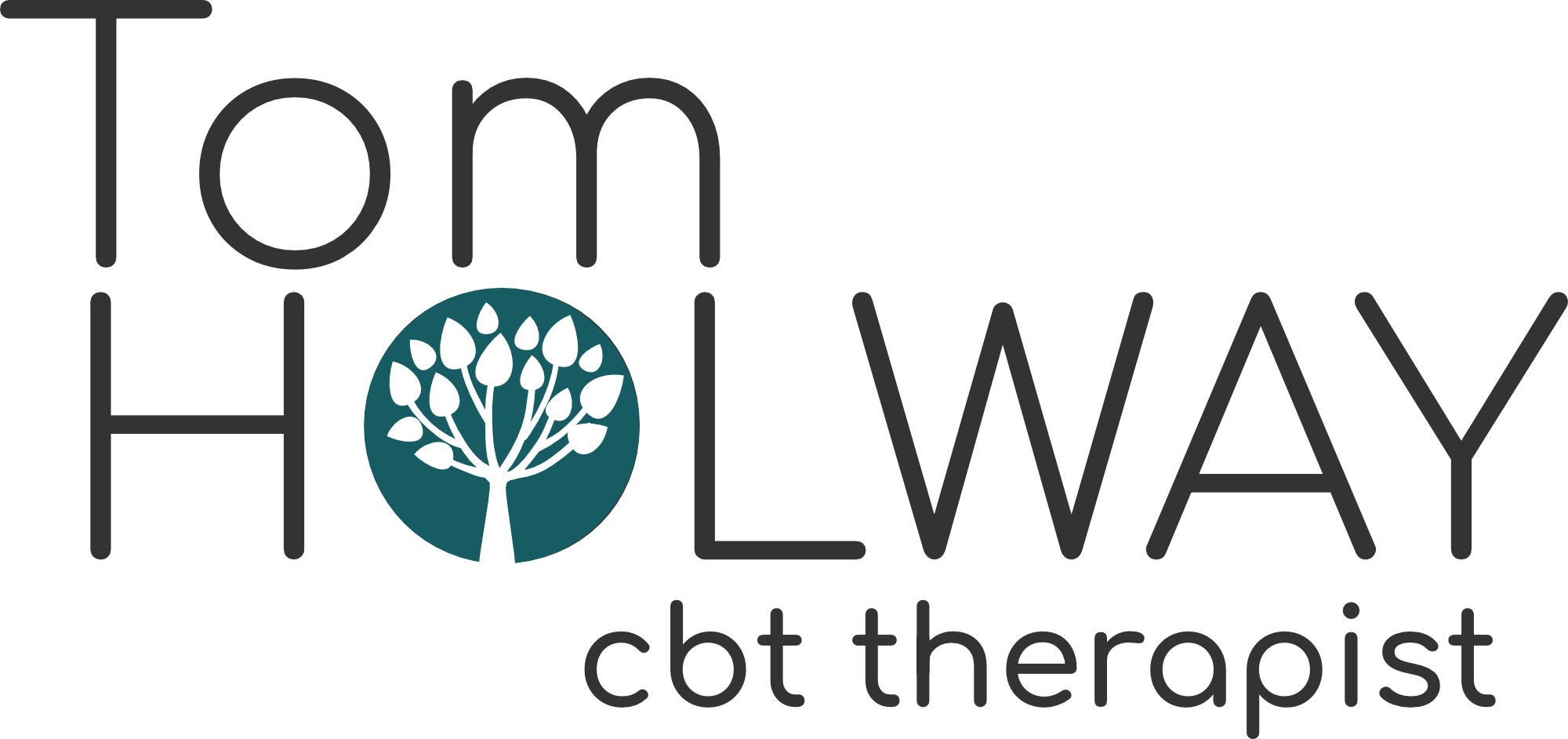What is Cognitive Behavioural Therapy, CBT?
CBT is a type of talking therapy that can help you make sense of your problems and work on these problems by looking at the impact of the way we think, feel and behave.
CBT is commonly used to help work with common mental health problems like anxiety, low mood (depression) and worrying.
How CBT works
CBT is based on the concept that your thoughts, feelings, physical sensations and actions are interconnected, and that negative thoughts, behaviours and feelings can trap you in negative cycles.
CBT aims to help you deal with overwhelming problems by breaking down the problems to help develop our understanding of these problems. How they fit together, what keeps our problems going, what reinforces them or maintains them.
We will work together to develop this shared understanding of your problems and then use this understanding as a guide for how we might start to make changes or break the negative cycles to improve the way you feel.



CBT Focus
CBT’s primary focus is on your current problems. We focus on the here and now initially, rather than straight away focusing on issues from your past. At times within CBT there is a need to look back into the past to look at issues you may have experienced and how they might have shaped the way you see or feel about yourself, the world or others.
CBT is quite a structured therapy and we will also look at, based on the work we have done and problems we are working on, what you can do between sessions that will help us.
Uses of CBT
CBT has been shown to be an effective way of treating a number of different mental health conditions.
In addition to depression or anxiety disorders, CBT can also help people with:
- bipolar disorder
- eating disorders – such as anorexia and bulimia
- obsessive compulsive disorder (OCD)
- panic disorder
- phobias
- post-traumatic stress disorder (PTSD)
- psychosis
- schizophrenia
- sleep problems – such as insomnia
- problems related to alcohol misuse
CBT is also sometimes used to treat people with long-term health conditions, such as:
- irritable bowel syndrome (IBS)
- chronic fatigue syndrome (CFS)
- fibromyalgia
- chronic pain
Although CBT cannot cure the physical symptoms of these conditions, it can help people cope better with their symptoms.
Pro and cons of CBT (NHS)
Cognitive behavioural therapy (CBT) is effective in treating some mental health problems, but it may not be successful or suitable for everyone.
Some of the advantages of CBT include:
- it can be completed in a relatively short period of time compared with other talking therapies
- the highly structured nature of CBT means it can be provided in different formats, including in groups, self-help books and online
- it teaches you useful and practical strategies that can be used in everyday life, even after the treatment has finished
- it focuses on the person’s capacity to change themselves (their thoughts, feelings and behaviours)
- it can be as effective as medicine in treating some mental health problems and may be helpful in cases where medicine alone has not worked
Some of the disadvantages of CBT to consider include:
- you need to commit yourself to the process to get the most from it – a therapist can help and advise you, but they need your co-operation
- attending regular CBT sessions and carrying out any extra work between sessions can take up a lot of your time
- it may not be suitable for people with more complex mental health needs or learning difficulties
- it involves confronting your emotions and anxieties – you may experience initial periods where you’re anxious or emotionally uncomfortable
ref: Overview – Cognitive behavioural therapy (CBT) – NHS (www.nhs.uk)


